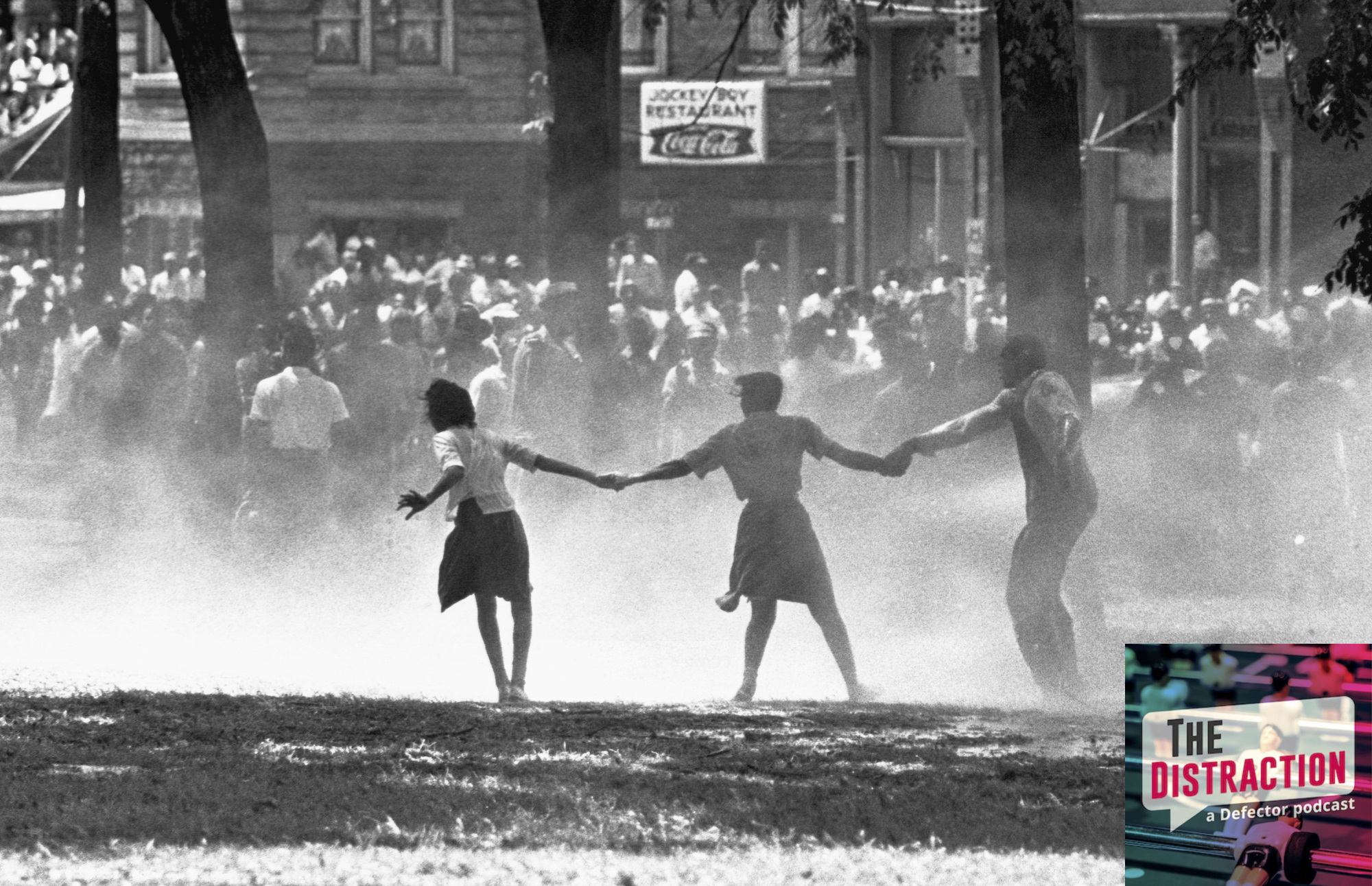In May of 1963, Martin Luther King’s Southern Christian Leadership Conference was on the verge of ruin. It had no money, and King’s latest attempt at staging mass, highly visible demonstrations—in the town of Albany, Ga.—had been a failure. White politicians, particularly the Kennedys, had no interest in passing nationwide civil rights legislation. And many black leaders across the South had grown disillusioned with King himself, with some even referring to him by the derisive “De Lawd,” in reference to what they considered his penchant for making himself the center of attention. King needed funding, he needed shrewd generals, and he needed a plan that would resuscitate a movement that was appearing to peter out, just as it had for over 100 years following the Emancipation Proclamation. He needed to go to Birmingham: a city that he was not from and a city that existed, more than any other, to terrorize its black residents.
That campaign would go on to become not just a success, but a turning point for the civil rights movement. It was Birmingham that cemented King’s legacy. But the “success” of Birmingham was a morbid one, with no shortage of false starts and infighting amongst civil rights leaders. It also involved King and scores of other black people getting thrown in the city’s infamously barbaric jail (where King would write his canonic letter), police openly attacking black children with fire hoses and German shepherds, and other atrocities so terrible and so VISIBLE that America found itself unable to look away. It was also the foremost American example of nonviolent protesting—which takes both training and courageous discipline—changing the country in ways once declared impossible. Could such a transformative moment be engineered once more in the digital age, and how? THAT is the subject of this week’s Distraction.
As you might have guessed, this is not a topic that I (hosting this week’s episode without a vacationing Roth) have the knowledge or background to tackle on my own. I had to call in bestselling author and historian Paul Kix, whose new account of the Birmingham campaign, You Have To Be Prepared To Die Before You Can Begin To Live, is one of the best narrative history tomes I’ve ever had the pleasure of reading. Kix, a white man married to a black woman, with three children who identify as black, was moved to write the book in the wake of George Floyd's murder. The result is a story that’s not just a mesmerizing page-turner, but also a potential template for every present-day movement that strives to free us from a seemingly unkillable status quo. Kix and I talk about that at length; far longer than the usual Distraction episode runs, actually. Also, we remembered a Guy at the end. So you gotta stay tuned for that part.
If you would like to subscribe to The Distraction, you can do that at Stitcher, or through Apple Podcasts, Spotify, or wherever else you might get your podcasts. If you’d like to listen to an ad-free version of the podcast, you can do so on Stitcher Premium; a free month of Stitcher Premium can be yours if you use the promotional code “DISTRACT.” Thank you as always for your support.






